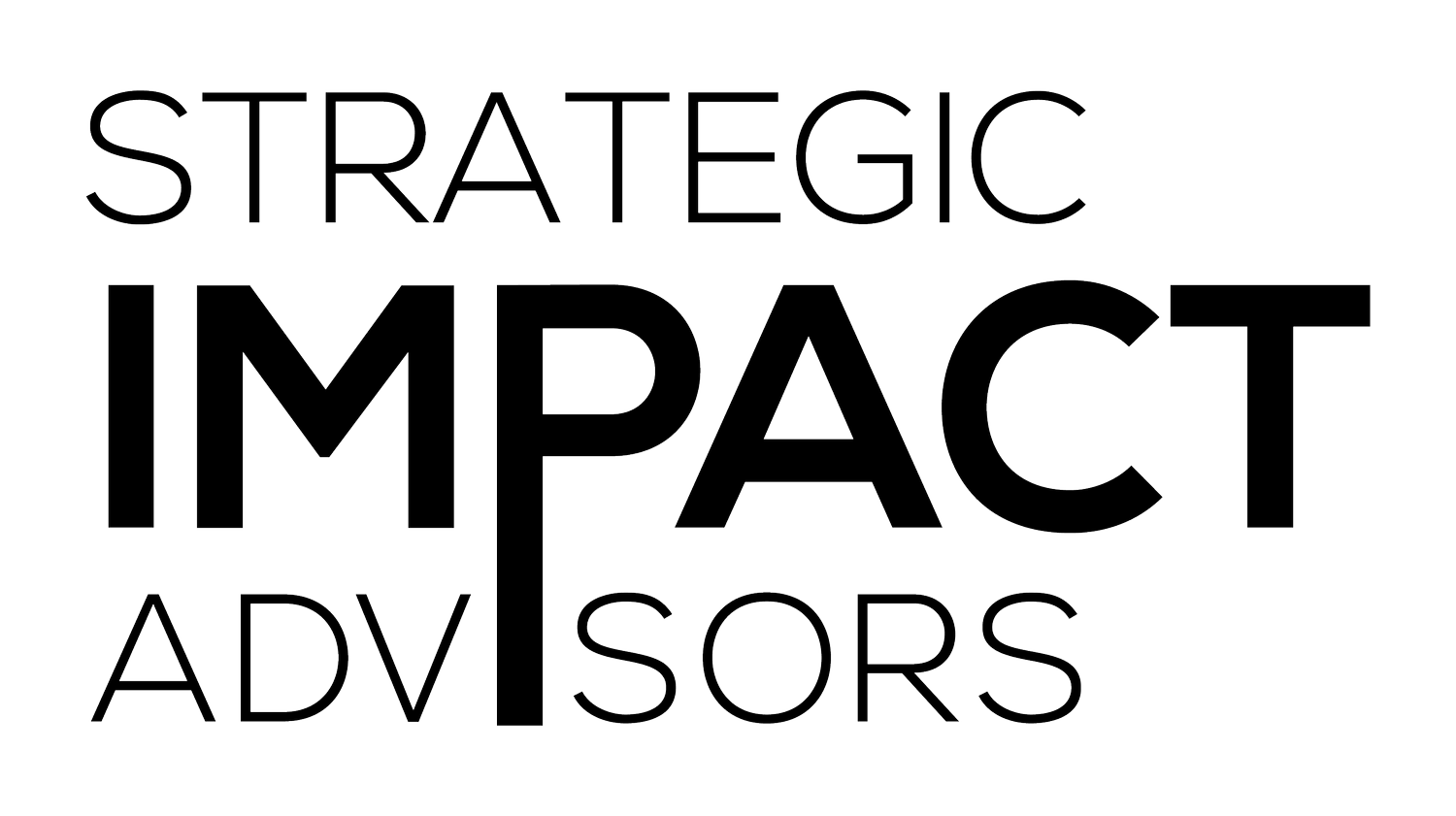What you’re listening to: Our most popular digital financial literacy lessons
Around the world, we are focused on closing the gender gap in accessing digital technology and building women’s digital skills and digital financial literacy — supporting them with the content and tools they need to learn how to take advantage of digital financial services, particularly mobile money.
In Ghana, Malawi, and Uganda, we have been rolling out audio ‘edutainment’ content, funded by USAID, to support women to use digital financial services to improve their financial lives. This is a series of 10 short audio lessons that follows three women — Annette, Myriam, and Josephine — as they build their digital financial literacy, and has been heard by more than 57,000 men and women to date.
We spent several months developing the learning curriculum, choosing topics based on what we’ve seen and heard to be the greatest challenges and barriers to using mobile phones in each of the countries. Our two most popular lessons at the moment are how to know which news is true and how to look out for scams — both critical for safely and smartly navigating the sea of information in the digital realm and knowing what to trust and use to inform our opinions and actions.
How do I know which news is true?
We live in an age of information. With fake news around every corner, it’s getting harder and harder to separate fact from fiction and determine which news sources and information to trust — particularly for those new to using digital technology.
In this lesson, Myriam and Josephine calm Annette after she sees an alarming false news story, and share tips for determining whether an article is credible in the future.
How do I protect myself from scams?
As technologies open new possibilities, scammers get more and more creative. It can be easy to fall victim to a scam — and sometimes lose money or possessions as a result. To participate safely in the digital realm, it’s important to keep personal details secure, and know how to identify and avoid scams.
In this lesson, Annette receives a strange message asking for money in exchange for a loan. Myriam helps her see that it isn’t real, and they talk through how to manage such messages in the future.
All Hey Sister! audio content is available on Interactive Voice Response (IVR) platforms in Ghana, Malawi, and Uganda for listeners to call in, but content can be used by anyone interested in improving digital financial literacy; all audio files, scripts, and facilitation guides can be accessed and downloaded for free here.
The Hey Sister! team is currently working with partners to design and develop 12 additional lessons and learning materials, on topics including household financial management and loan basics, as well as several episodes targeted specifically to entrepreneurs. Content is expected to be rolled out in June 2021.

